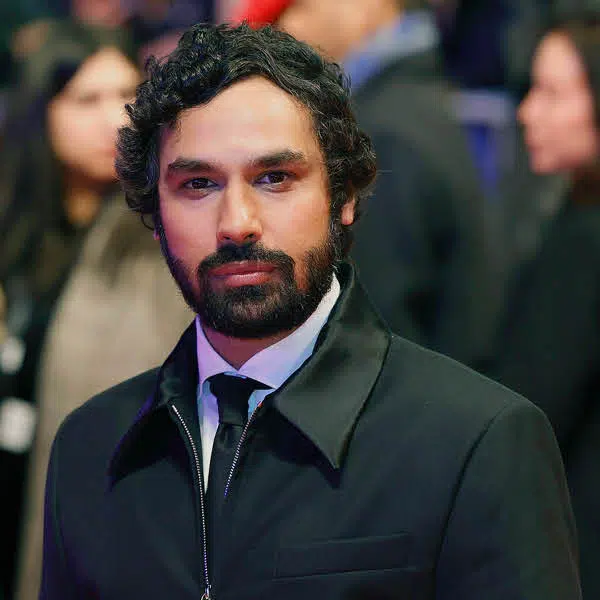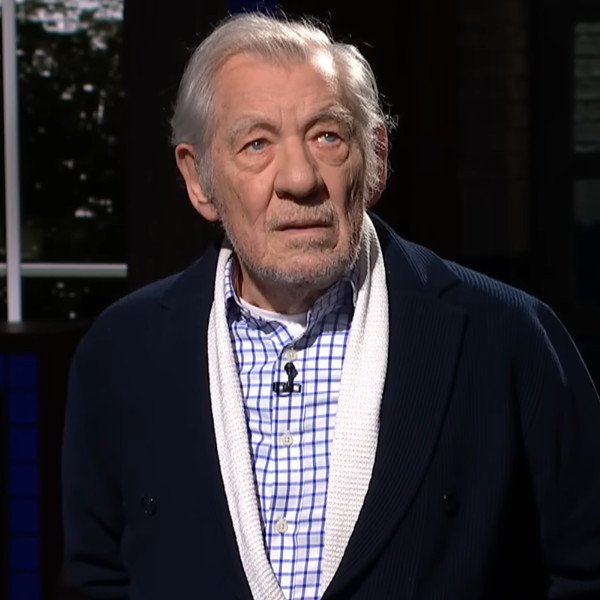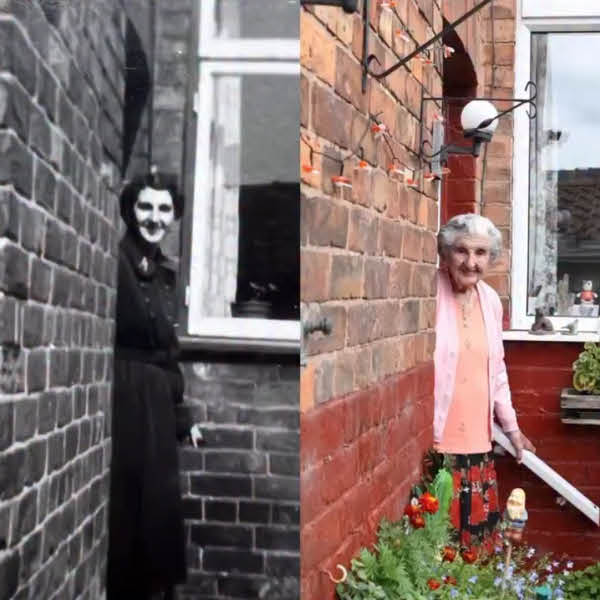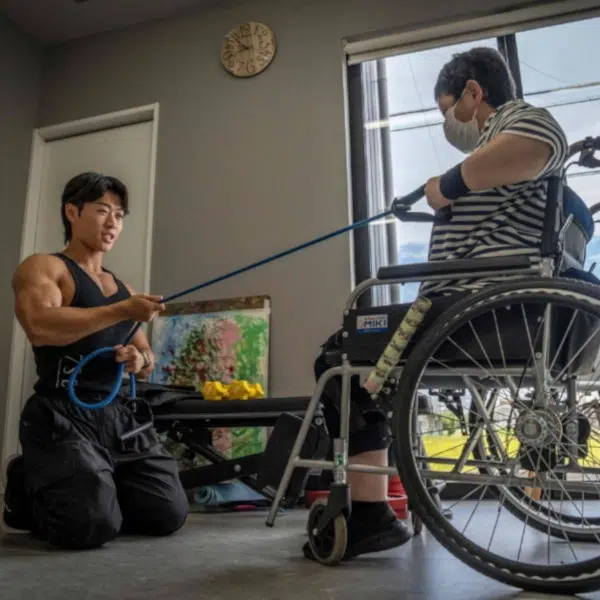View this post on Instagram
Fred Rogers, the famous good neighbor, spread a message of service during his lifetime. A scrap of paper he carried with him read, “Life is for service.” The students at his alma mater, Rollins College in Florida, have long valued this legacy. His famously scrawled words took on new meaning this spring when they were included in the commencement address of one of the Class of 2022 valedictorians, Elizabeth Bonker. Bonker—who is nonspeaking autistic—addressed the class on the importance of communication and service through a text-to-voice device.
As Bonker noted in her address, there are millions of nonspeaking autistic people around the world. In fact, it is estimated 25–30% of children with autism spectrum disorder are nonspeaking or minimally speaking. This can make it very hard for individuals to communicate their needs. Bonker credits using a keyboard as key to her freedom of expression. “I have typed this speech with one finger with a communication partner holding a keyboard,” she said in the speech. “I am one of the lucky few nonspeaking autistics who have been taught to type. That one critical intervention unlocked my mind from its silent cage, enabling me to communicate and to be educated like my hero Helen Keller.” Certainly, Bonker's resilience and impressive academic accomplishments are in keeping with Keller's legacy.
Autism spectrum disorder is a neurodevelopmental condition, not an intellectual disability. While it frequently occurs with other disabilities, Bonker has made it part of her mission to debunk popular misconceptions that people with nonspeaking autism are less intelligent than everyone else. Her own academic success is surely a testament. Bonker hopes to advocate for more opportunities for nonspeaking individuals such as herself.
It should be noted that there are very contentious debates among medical professionals over such means of communication. In the 1990s, a series of studies largely debunked a technique known as facilitated communication. Similar techniques are often cited as lacking scientific data. However, advocates of this approach and similar methods where the individual is physically aided or prompted by another person have pushed back on the medical establishment, saying a lack of present scientific evidence does not mean the methods do not work. Parents of nonspeaking autistic children should consult with their doctors and specialists about the state of the field and what options might be best for their child.
Elizabeth Bonker, who has non-speaking autism, gave the commencement address at Rollins College, where she is one of the valedictorians of the Class of 2022.
h/t: [NPR]
Related Articles:
Incredible Group of Strangers Rush to Rescue a Woman Who Passed Out While Driving
U.S. Women’s Soccer Team Scores Big and Will Now Be Paid the Same as Men’s Team
Retired Couple Is Spending the Rest of Their Lives Aboard a Cruise Ship
Man Spends Over 1,000 Days Straight Cleaning Up Trash in His Local Parks






















































































